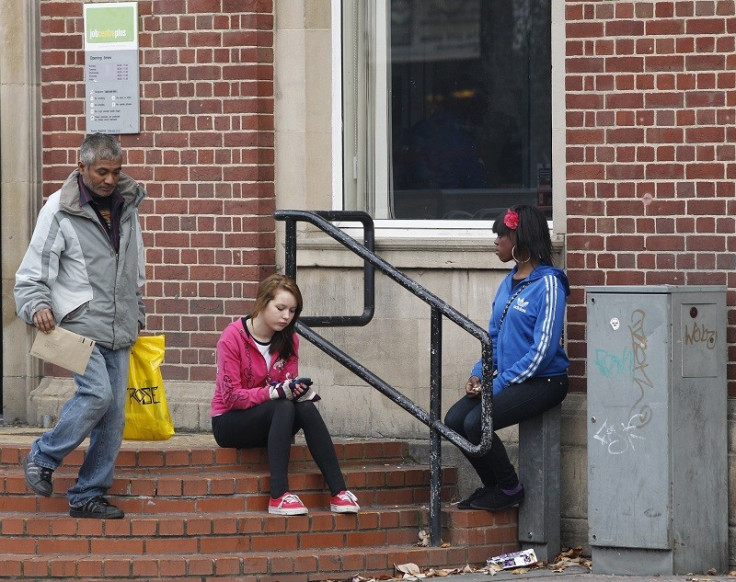Universal Credit: Iain Duncan Smith Scheme Will 'Create Payment Confusion' among Claimants

Benefits recipients believe they will not understand their payment options once the Universal Credit scheme is rolled out by the Department for Work and Pensions, according to research by the Payments Council.
The survey, which questioned 1,568 UK adult recipients between 28 August and 5 September, 2013, revealed that nearly half of the respondents said that the change will make it more difficult to manage their money and will contribute to a struggle to pay bills or rent on time.
It found that this was because respondents had not thought about how they will budget differently once they have been switched from weekly or fortnightly payments to monthly payments.
"The introduction of Universal Credit means that people will have to be savvier about managing their money and will have to plan for the whole month instead of budgeting on a weekly basis," said Adrian Kamellard, chief executive of the Payments Council.
He added: "Understanding payments can help manage cash flow. Our guide explains different payment options which in turn can help pay bills on time, stay on top of your money and avoid missing payments or going overdrawn."
Work Programme Worries
The research follows criticism of the government's Work Programme for failing to help ex-prisoners.
The initiative helped 168,000 long-term unemployed jobseekers overall into employment, according to official figures.
The DWP, led by Work and Pensions Secretary Iain Duncan Smith, revealed a 27% increase on June's figures, which saw 132,000 people gaining sustained employment.
But critics said that those headline figures masked the feeble success rate achieved for ex-prisoners. Just one in 20 people get a job through the scheme after leaving prison, said the Howard League for Penal Reform.
"The [overall] figures show that large numbers of people previously at risk of long-term unemployment are finding a job and staying in work for six months and more," Mark Hoban, minister for employment, said.
"This gives people hope that they can achieve their aspiration of looking after themselves and their families."
Research found that 1.31 million people had been referred to the Work Programme and 960,000 sustainment payments were made to providers for 149,000 individual participants.
Nearly two thirds of claimants, who achieved a job outcome payment, remained in employment.
But of those, only 630 prison leavers, whose data has been collected from February 2012 onwards, have found work through the scheme.
"Today's Work Programme figures casts further doubt on whether fragmented providers and a payment-by-results mechanism can actually help the hardest-to-reach," Frances Crook, chief executive of the Howard League for Penal Reform, said.
"As almost 95% of prison leavers referred to the Work Programme last June failed to secure employment within the space of a year, this hardly suggests the reforms are delivering results we might actually call a success."
© Copyright IBTimes 2025. All rights reserved.






















